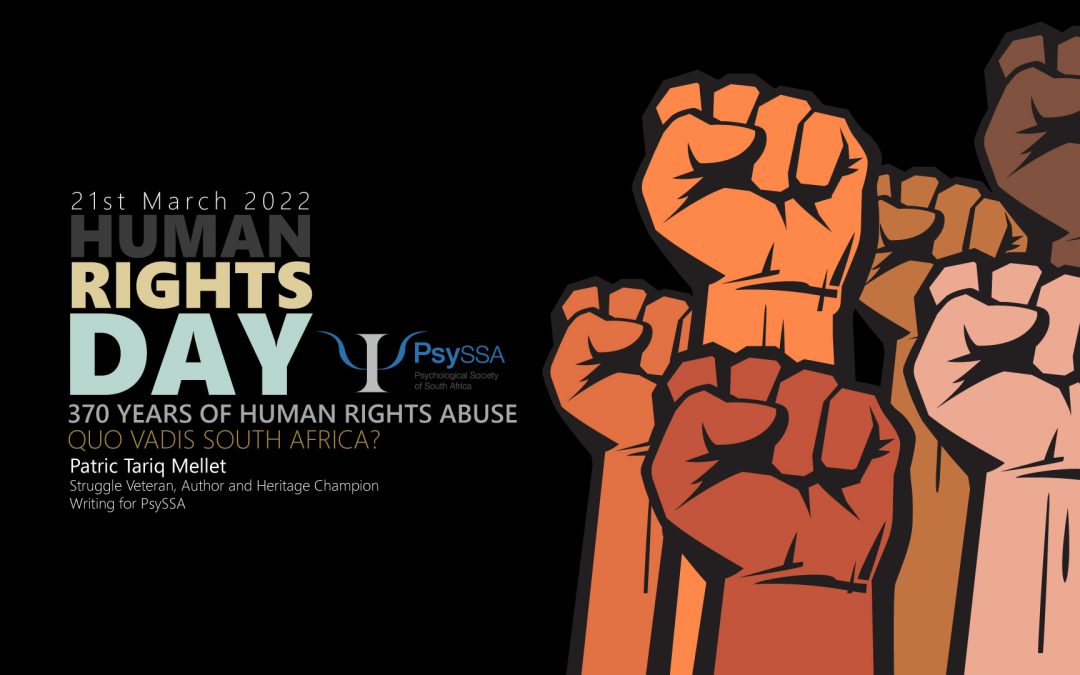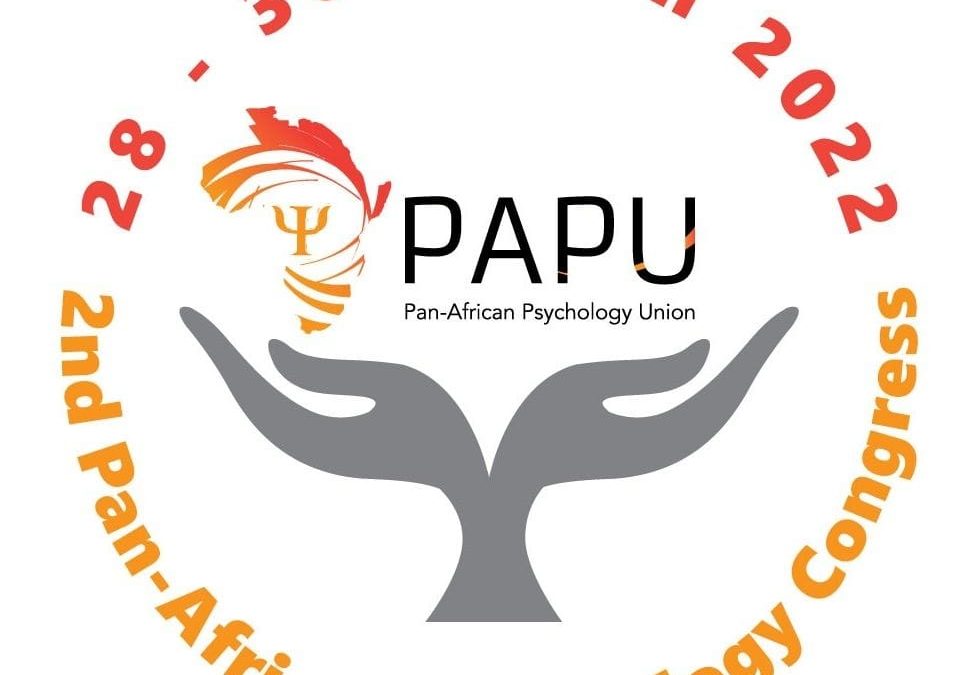
You’re Invited: SPSSI’s New Webinar Series on “Decolonial Approaches to the Psychological Study of Social Issues
This webinar series (“Decolonial Approaches to the Psychological Study of Social Issues”) features 15 presentations (organized into 5 installments) based on contributions to a special issue of the Journal of Social Issues (JSI) devoted to decolonial perspectives in/on psychology. The first two installments feature 6 presentations that consider the psychology of colonial violence. Decolonial approaches propose that colonial violence is not confined to the distant past (i.e., colonialism) but instead persists as coloniality: racialized ways of thinking and being that have their roots in colonial violence, are inherent in the Eurocentric modern order, and are inseparable from modern individualist development. An important implication is that colonial violence extends beyond physical space to psychological space, such that complete liberation requires forms of psychological decolonization. The last three installments feature 9 presentations that consider the coloniality of knowledge in hegemonic psychology. Researchers are not innocent bystanders observing effects of colonial violence from some neutral position. Instead, epistemic violence in psychology occurs via epistemic exclusion of racialized others from the knowledge production process, imperialist imposition of white-washed knowledge products as universal standards, pathologizing forms of explanation that construct racial others as deviants in light of white-washed standards (i.e., epistemological violence; Teo, 2010), and forms of harm (e.g., zero-point epistemology and individualist lifeways) associated with hegemonic psychology’s modern/colonial roots. An important implication is that a decolonial approach may require epistemic disobedience and refusal of the discipline of psychology.
SPSSI’s new webinar series, “Decolonial Perspectives on the Psychological Study of Social Issues,” launches in just two weeks. All webinars are free and open to SPSSI members and non-members alike. Please join the SPSSI for their first webinar in their series, entitled…
THE PSYCHOLOGY OF COLONIAL VIOLENCE, I: Bodies and Space
Wednesday, September 14, 16:00 UTC (12:00 PM EDT, 9:00 AM PDT)
Convener/Discussant: Kopano Ratele
Presenters:
Melissa Tehee, Erika Ficklin, Devon Isaacs, Racheal Killgore, & Sallie Mack
Fighting for our sisters: Community advocacy and action for missing and murdered Indigenous women and girls
Johanna Lukate
Space, race and identity: An ethnographic study of the Black hair care and beauty landscape and Black women’s racial identity constructions in England
Anjali Dutt
Refugee experiences in Cincinnati, Ohio: A local case study in the context of global crisis






